Families urged to take a meter reading on 30 September - here's how to do it
Our money editor explains who should submit a meter reading and how to do it, before energy prices change on 1 October
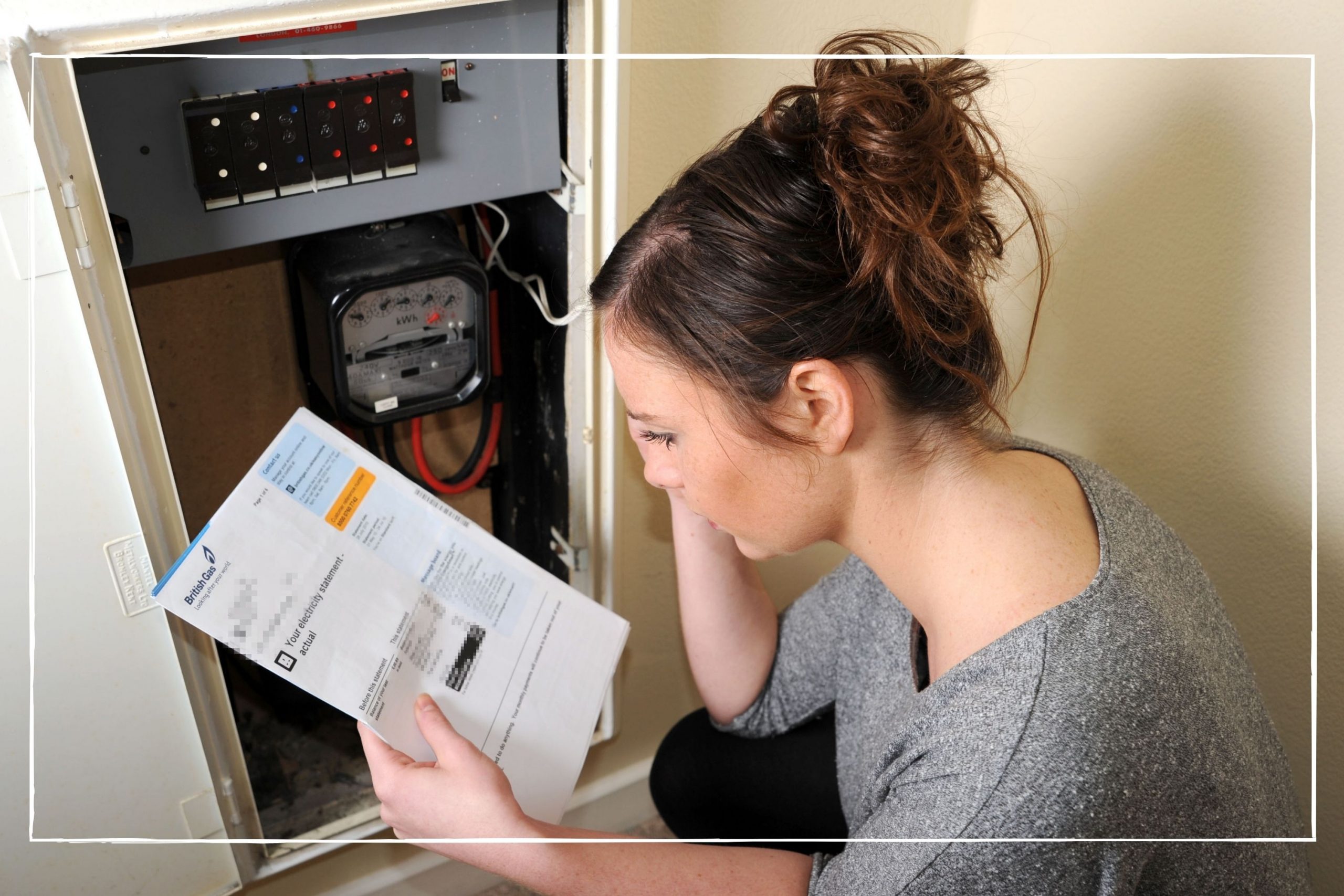
Recent updates
This article has been updated to reflect the upcoming changes to the energy price cap that come into force on 1 October, and the new date that families should take a meter reading.
Families across the country are being urged to submit a meter reading to their supplier before energy prices drop on 1 October
Make sure you know how to read your energy meter, especially if you are worried about how much energy bills will cost. Even though the energy price cap is set to fall again, gas and electric is still more expensive than it was at the end of 2021.
Speaking of Meter Reading Day, Gareth Kloet, energy spokesperson at Go.Compare, said: “We would urge all bill payers to take both gas and electricity meter readings... and make sure you submit these to your supplier.”
When should I read my meter?
Households are encouraged to read their gas and electric meters on 30 September, as the price you pay per unit of gas and electricity that you use is due to change on 1 October. Under the current energy price cap, the average cost of gas is 8p per kilowatt hour (kWh) and it's 30p per kWh for electricity. But from 1 September, the energy price cap will fall, which means average prices will drop to about 7p per kWh for gas and 27p per kWh for electricity.
By submitting a meter reading on the last day of the higher prices, you can make sure that you aren't charged a more expensive rate for energy you used when the prices have dropped.
At the height of the energy crisis, at the end of March 2022, the websites of many suppliers crashed due to being unable to cope with the volume of people trying to submit their meter readings ahead of the 54% price increase that came into effect from April 2022. But it's important to understand that not everyone will need to submit a reading (we explain more below), but if you do and you can't submit your reading on 30 September, just submit it as close to that date as you can.
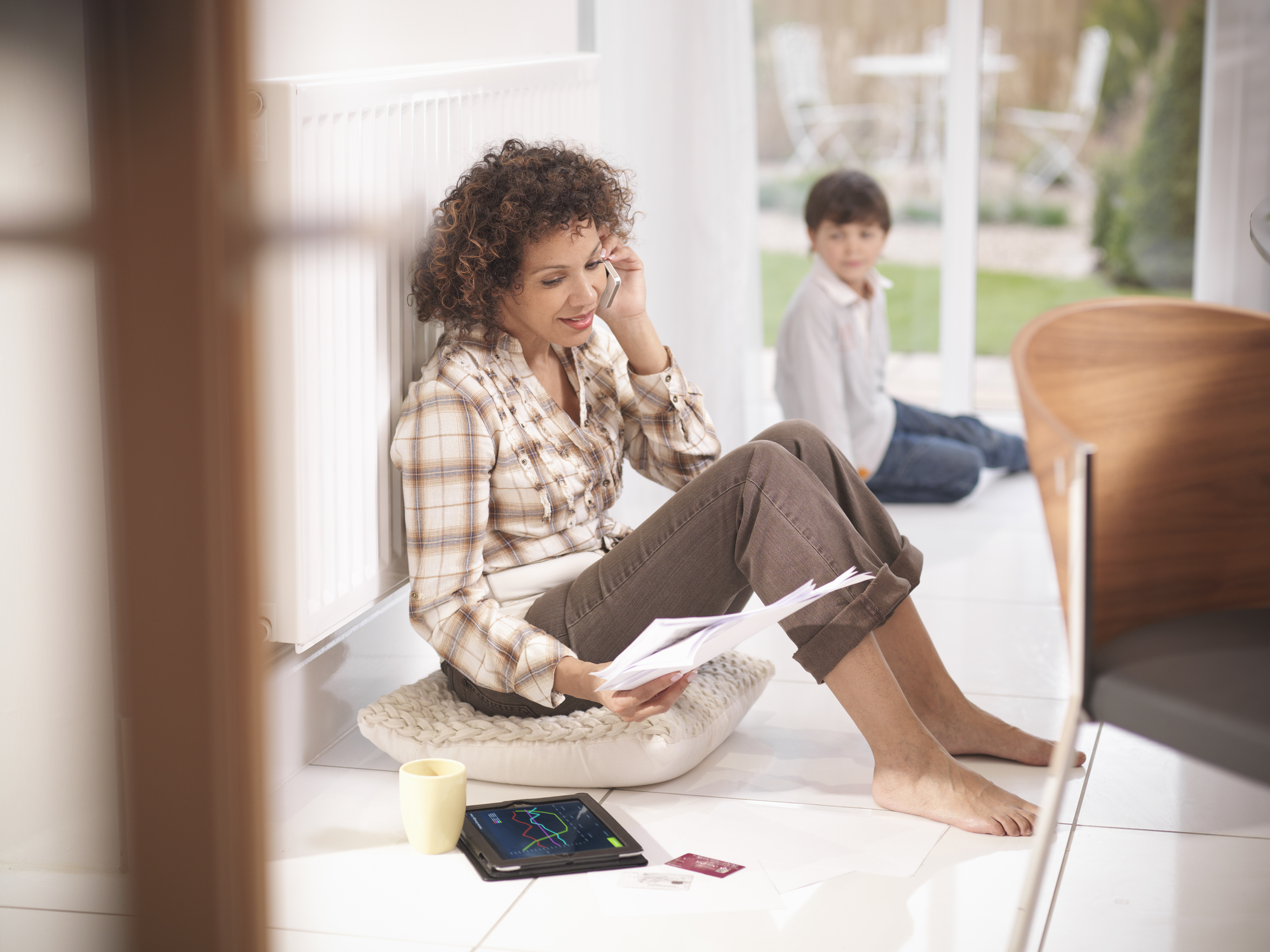
Do I need to submit a meter reading?
If you are on your supplier's standard variable or default tariff, and don't have a smart meter, then it's a good idea to submit a meter reading as the price you pay for your energy will be affected by the energy price cap. If you are not sure what kind of tariff you are on, you should be able to find this information on your energy bill. If not, give your supplier a quick call and they will confirm what kind of tariff you are on.
GoodtoKnow Newsletter
Parenting advice, hot topics, best buys and family finance tips delivered straight to your inbox.
If you are on a fixed-rate tariff, you do not need to submit a meter reading, as the price you pay per unit of energy doesn't change each month. Those with a smart meter won't need to submit a meter reading either. But for peace of mind, you may want to take a photo of your meter on your smartphone on 30 September should you need to dispute your bill with your supplier.
Similarly, if you are on a prepayment meter, you won't need to submit a meter reading. But a prepayment energy meter trick that it might be worth considering is holding off (if you can) topping up your meter until 1 October when the prices fall.
How do I submit a meter reading?
You can submit a meter reading to your supplier by post, phone or online via your supplier’s website or app. Some suppliers may also have an online chat or text service you can use. Submit your reading online or via your supplier’s app rather than phone if you can.
If you are unable to submit your meter reading, take a photo of your gas and electric meters and email them to yourself so you have a time stamp of when the pictures were taken. This will be really useful should you find you need to dispute your bill with your supplier.
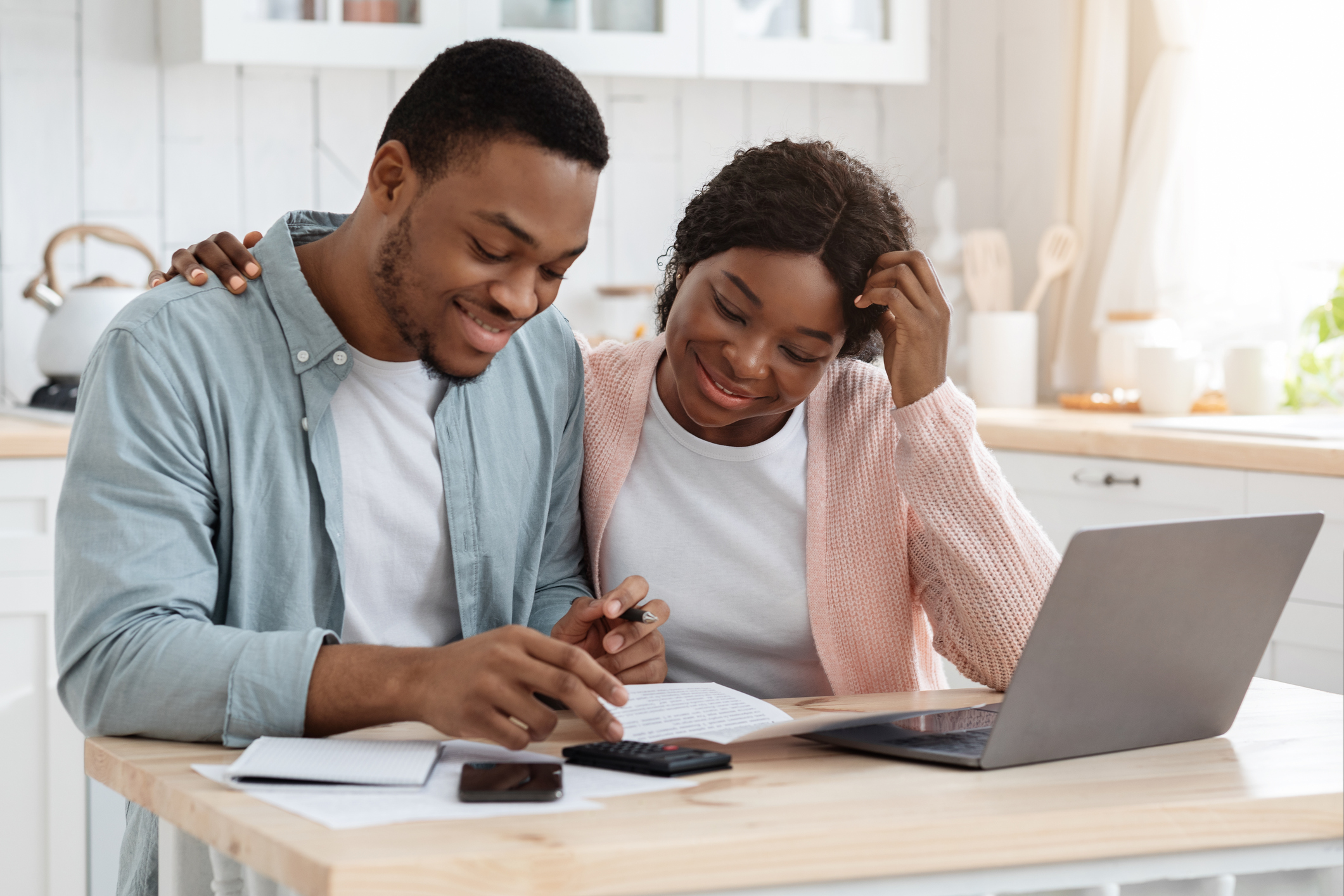
How to read your meter
This depends on the type of meter you have, and whether you pay single rate or two rates. Most people pay a single rate. Those with an Economy 7 meter (where electricity is cheaper at night) will pay two rates - one for off-peak usage, another for peak usage. If you’re not sure how many rates you pay, you can check a recent energy bill to find out.
Reading an electricity meter
In general, if you have a single or two-rate meter, simply read the numbers from left to right, ignoring any numbers in red or after a decimal point.
For a dial meter, you record the figures shown on each dial from left to right. You can ignore any numbers in red. When the pointer is between two numbers, record the lower number. If it’s between the 9 and 0, record 9.
When the pointer is directly on a number, first check the next dial to the right. If the dial on the right reads 8 or 9, then lower the reading for the dial with the pointer directly on the number.
How to read a gas meter
Gas meters can be read in the same way as electricity meters. You might see that the gas meter measures in cubic metres (m3) or feet (ft) rather than kilowatt hours (kWh). Your supplier converts it into kWh on your bill.
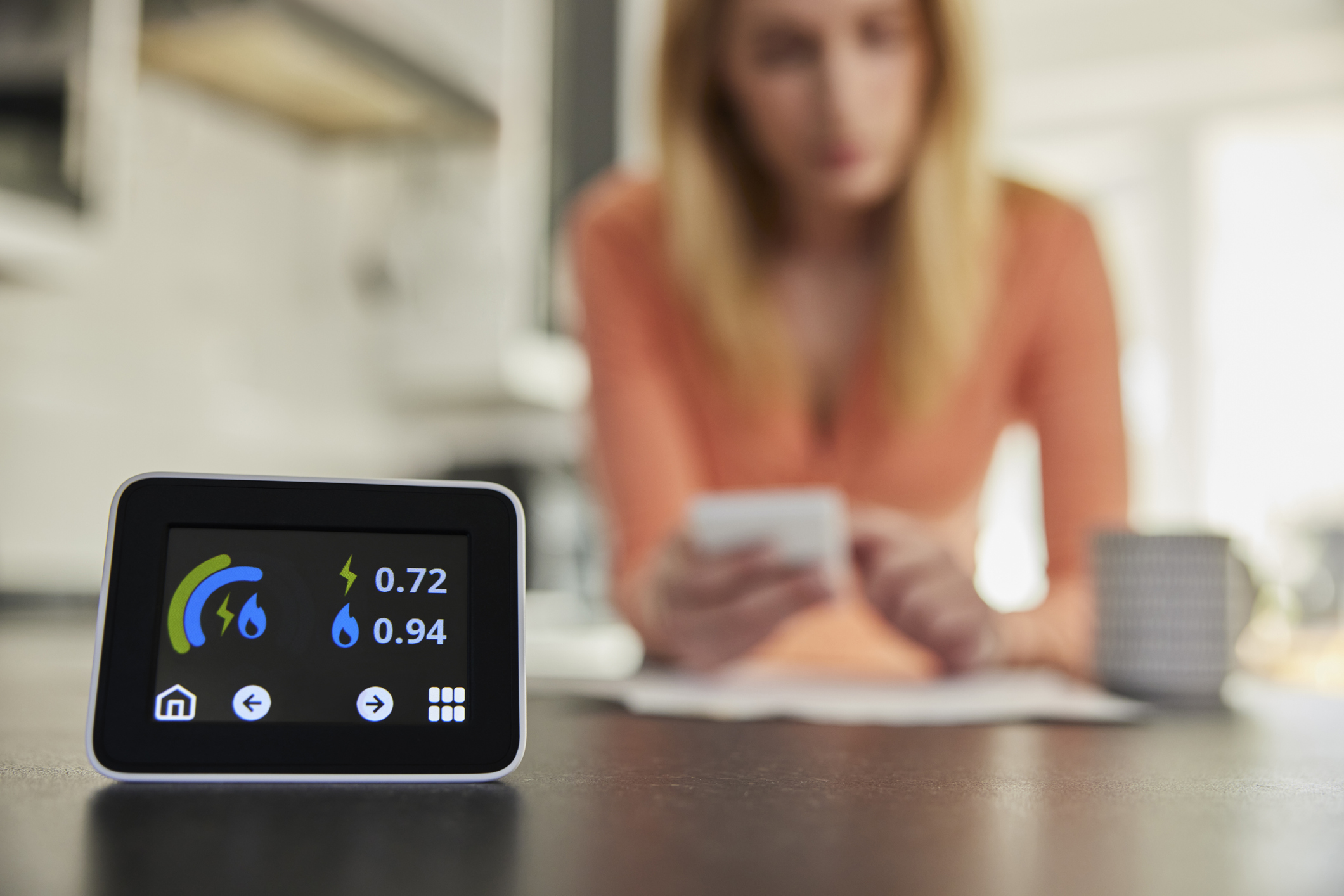
How to read a smart meter
Smart meters normally send readings to your supplier automatically. But there is a chance your meter may not be set up to send a reading on Meter Reading Day. You might find it beneficial to make a note of the meter reading in case of a dispute.
When it comes to reading a smart meter, this also depends on the kind of smart meter you have. You may have a smart meter with:
- a keypad
- a green button labelled A
- A and B labelled buttons
- or one with no buttons at all.
You can check your supplier’s website or visit our sister brand Look After My Bills for instructions on reading each type of smart meter. If you're bill is still high, it's also worth knowing how to save energy in homes and what to do if you can't pay your energy bill.
Video of the Week
Sarah is GoodtoKnow’s Money Editor. After Sarah graduated from University of Wales, Aberystwyth, with a degree in English and Creative Writing, she entered the world of publishing in 2007, working as a writer and digital editor on a range of titles including Real Homes, Homebuilding & Renovating, The Money Edit and more. When not writing or editing, Sarah can be found hanging out with her rockstar dog, getting opinionated about a movie or learning British Sign Language.
-
 How to save money: 28 family-friendly money-saving tips for mums and dads
How to save money: 28 family-friendly money-saving tips for mums and dadsUnderstanding how to save money is key to limiting the impact of rising costs as much as possible
By Sarah Handley Published
-
 14 hidden benefits of your Amazon Prime membership
14 hidden benefits of your Amazon Prime membershipWe reveal the less-obvious perks of a Prime membership that will help you get the most value out of your subscription fee
By Rachel Wait Published
-
 14 surprising ways to spend your Tesco Clubcard vouchers - from restaurants and cinema passes to mini breaks and Disney+
14 surprising ways to spend your Tesco Clubcard vouchers - from restaurants and cinema passes to mini breaks and Disney+Tesco Clubcard vouchers can help you cut the cost of everything from groceries and travel to days out and cinema tickets
By Heidi Scrimgeour Published
-
 How to get Disney+ for free and save up to £79.90 a year
How to get Disney+ for free and save up to £79.90 a yearEven though the streaming giant ended its free trial offering, there are still multiple ways you can get Disney+ for free for up to 12 months
By Sarah Handley Published
-
 Parents of teens who have just taken their GCSEs urged to check child benefit status ahead of August deadline
Parents of teens who have just taken their GCSEs urged to check child benefit status ahead of August deadlineWith a child benefit deadline looming, some parents could see their payments reduced or stopped altogether - here's why
By Sarah Handley Published
-
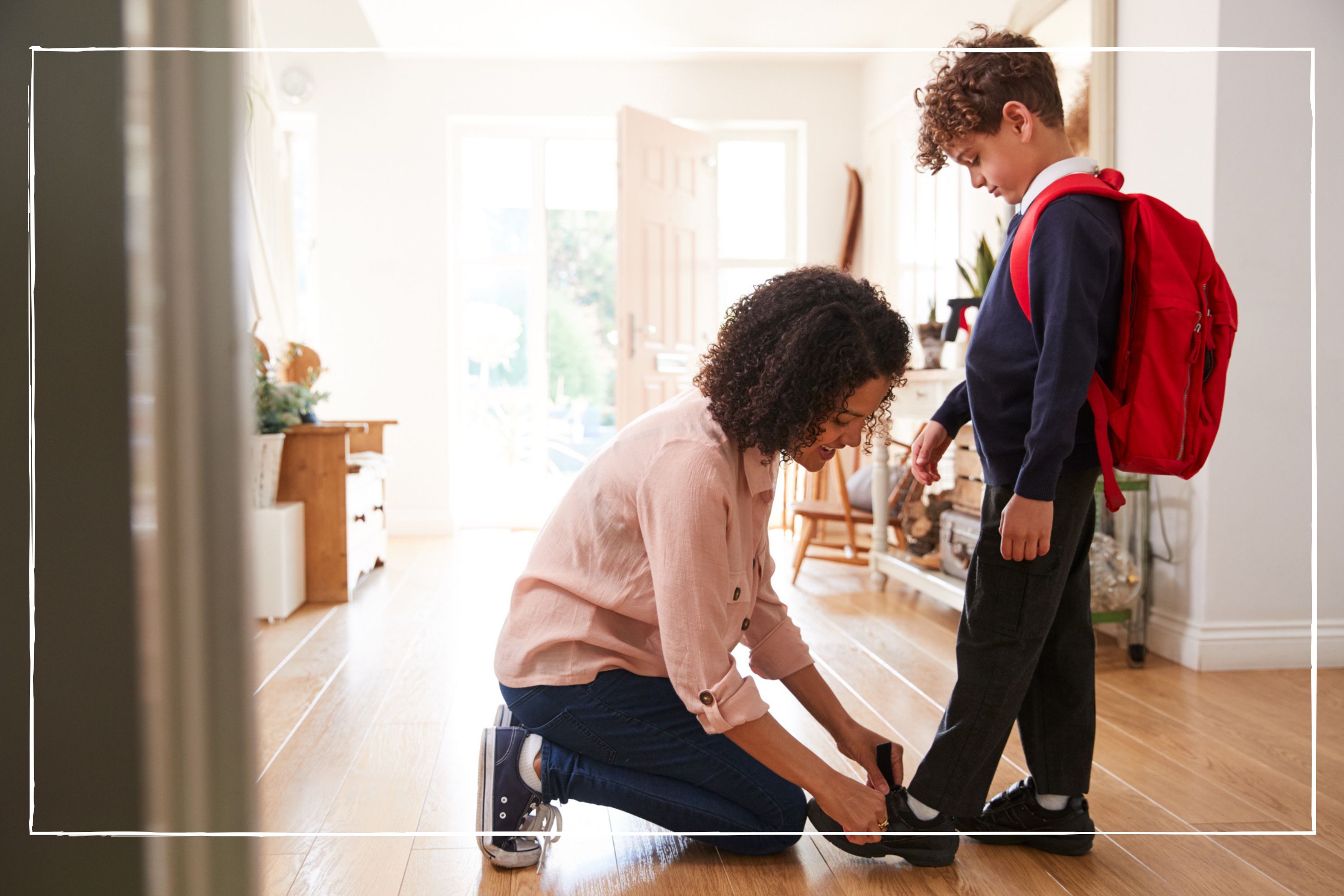 Parents should hold off buying this back to school staple 'as close to their first day as possible', says retailer
Parents should hold off buying this back to school staple 'as close to their first day as possible', says retailerWith parents turning their attention to kitting their kids out for the new school year, research suggestions which items should be left until the last minute
By Sarah Handley Published
-
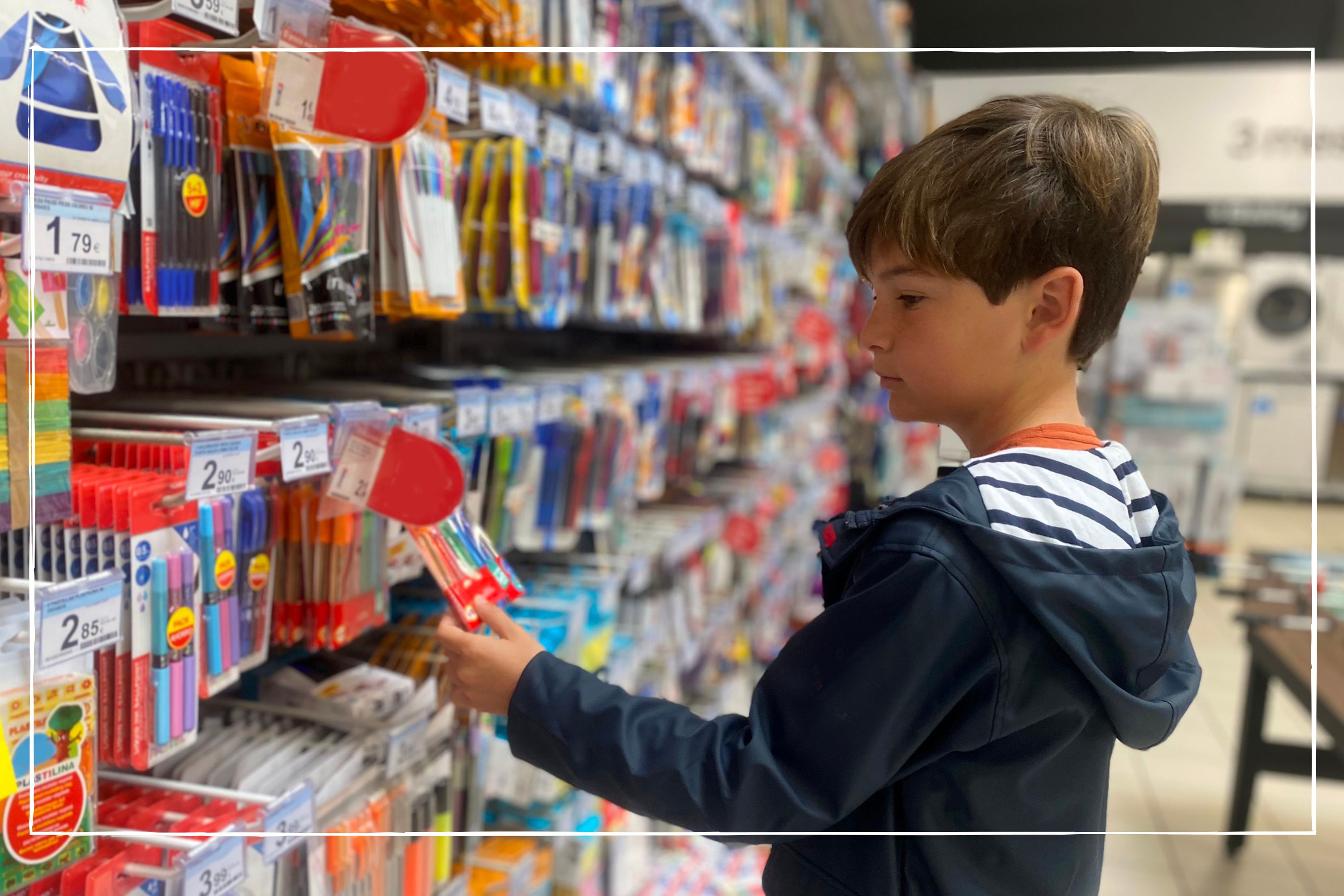 7 ways to save on back to school essentials, as its revealed parents will spend £2.3 billion in 2024
7 ways to save on back to school essentials, as its revealed parents will spend £2.3 billion in 2024We share ways you can get your child all the bits and bobs they need for the new school year, without breaking the bank
By Sarah Handley Published
-
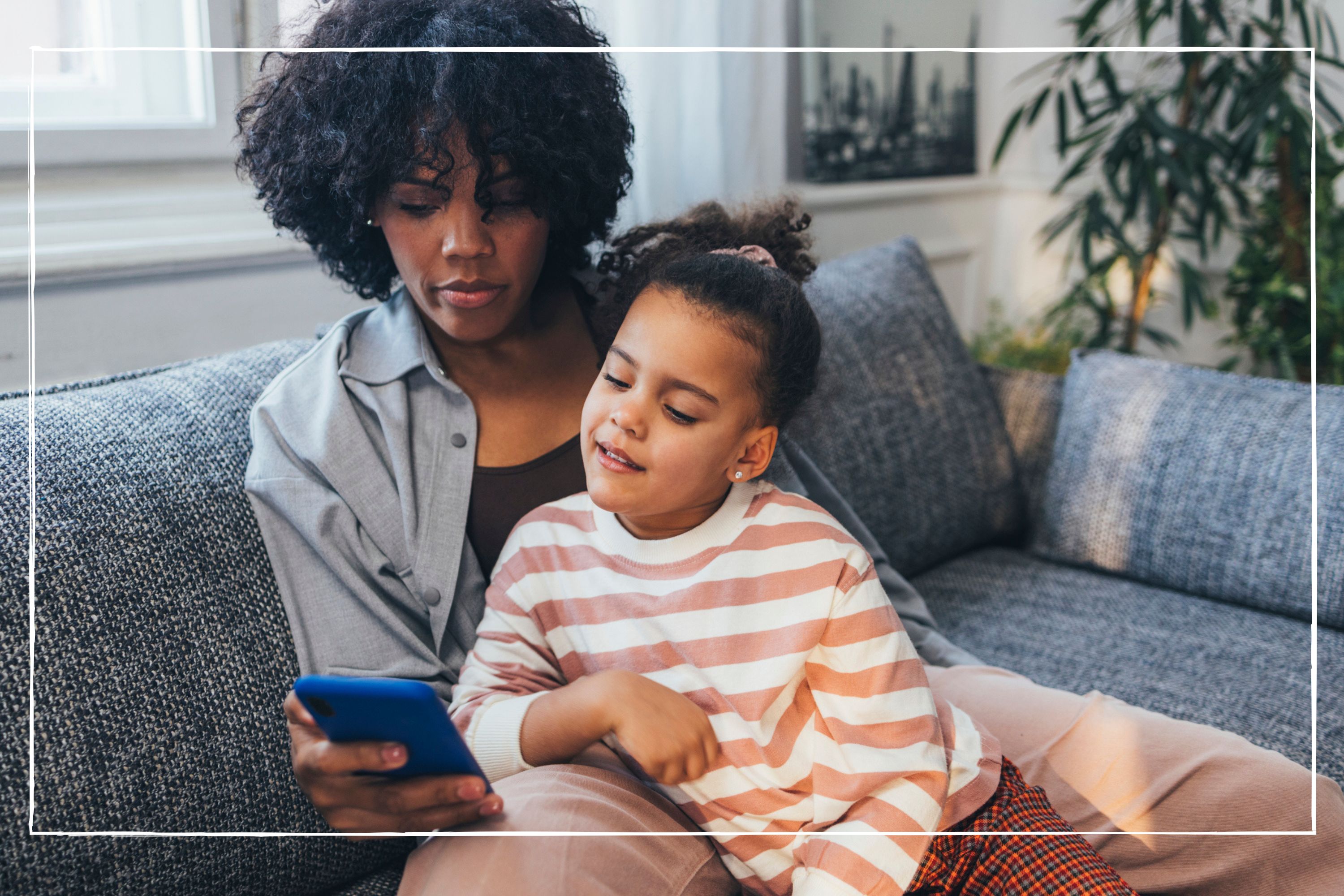 What day is child benefit paid around the bank holiday? Everything parents need to know
What day is child benefit paid around the bank holiday? Everything parents need to knowKnowing which day child benefit is paid when it comes to the bank holiday can help families plan their budgets accordingly
By Sarah Handley Published